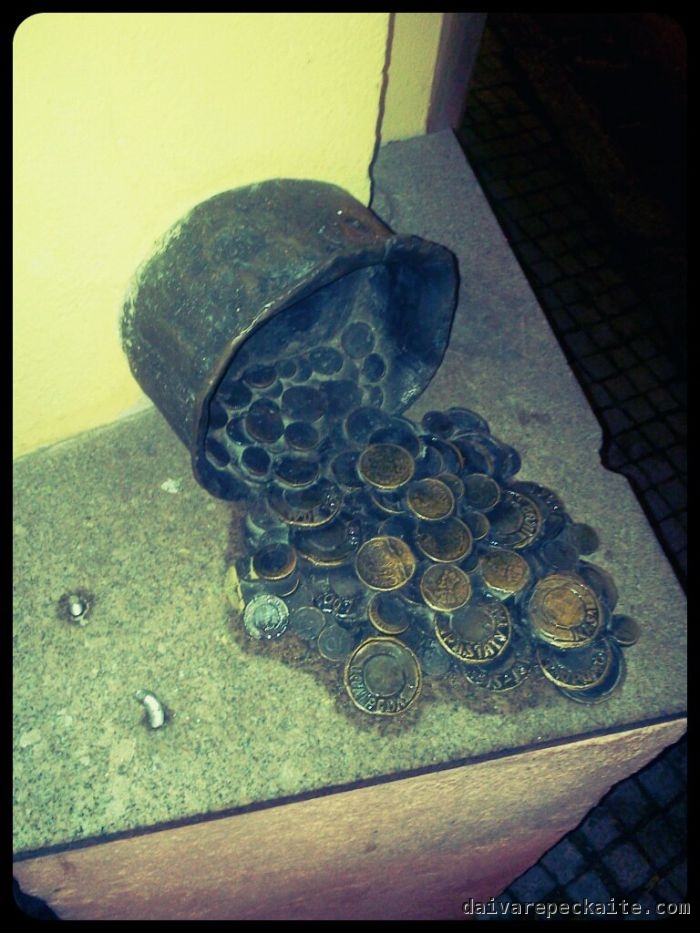Decisions about working for free are rarely straightforward. In an ideal world, survival would be guaranteed for people, so they could freely choose to volunteer their skills when they find it meaningful rather than desperately hope that this would lead them to paid positions in a distant future. Unfortunately, we are very far from this perfect world, and many of us have at some point worked or hired people to work for free. I am certainly guilty of both, and some of these transactions in social capital, to use Pierre Bourdieu’s terms, were more successful or meaningful than others. Based on this experience, how does one navigate the world full of offers to work for free with very uncertain returns?
For starters, I would propose a simple test:
- Is it a commercial project? Does the project ultimately aspire to make financial gains?
- Is the worker a professional in the field?
- Does the project require a worker (and yes, I am including self-employed persons, digital nomads and entrepreneurs under this label) to do the same thing as they do for living?
- Will the worker officially be a helper, supplier or a minor participant rather than a co-creator?
If all answers are ‘yes’, it’s a good rule of thumb to reject the offer outright, or, if you are in a position of hiring people to work for free, to not even start reaching out to potential workers. For example, if you run a platform with ads, which you ultimately want to make self-sustainable, and you are looking to hire a photographer for a free photoshoot, then what you’re doing is exploitation. Every professional challenge that doesn’t bring income moves the photographer further from achieving sustainability, and most probably is detrimental to their mental health. When I am approached to professionally write articles for ‘up-and-coming’ platforms for free, I say no.
On the other hand, grey zones can extend in all directions when some of the answers to the checklist are ‘no’. I have joined websites that did not pay, but gave me full editorial freedom that I couldn’t enjoy in paid employment and made me a co-creator. I would offer illustrations or fiction for free, because I am still learning and I do not consider myself a professional in these fields. When people are starting off, many are happy to offer the products of their side-hustle for free in exchange for freedom and recognition, because they are still building their portfolio and gathering experience. In 2008, I joined Cafe Babel despite having worked as a professional journalist, and I wrote for the platform for free because this was my gateway to publishing in English. They offered me professional editing services, and when I started pitching for first paid gigs in English, I had a portfolio to show them. I’m far from proud when I hire people to work for free for my employers, but I am quite comfortable when this is something new for them, something they had not done before and where they would learn new skills. As a paid professional who commissions and receives their unpaid labour, I try to go out of my way to be there for them, give them advice and help them polish their work. My editor at Cafe Babel did that for me, and this helped me a lot in my career.
The trickiest part is the business model of the project (question 1). I do not think that non-profits and ego projects automatically deserve free labour, because many of them are exploitative as hell. Does the project put only its founder in the spotlight? Does the non-profit depend on free labour from its peripheral workers, while churning out grant applications and allowing its staff to live rather privileged lives? Are other inequalities at play, such as gender, race or national origin?
I am hopeful that cryptocurrency, particularly ICO, will help navigate some of these grey zones. When a project is ambitious but not yet financially viable, paying in ‘shares’ would be the fairest way to go. If you are launching ‘the next great platform’, but ‘do not yet have a budget to pay contributors’, consider issuing an ICO. If the success of your ambition is really a matter of time, the coin will eventually be well-traded, and the worker will receive the value of their essential contribution.
The fact is, the world is full of unpaid labour. I am able to do my work thanks to the time and effort my interviewees dedicate to informing me. I am able to keep afloat in a challenging world thanks to friends who lend their ear. I have been mentored by colleagues and guided by some of my role models. It’s good to give back. But not to ego projects.



Comments 1
Pingback: Daivos Repečkaitės gidas tiems, kas kviečia ar yra kviečiami dirbti nemokamai (angl.k) – GŽI